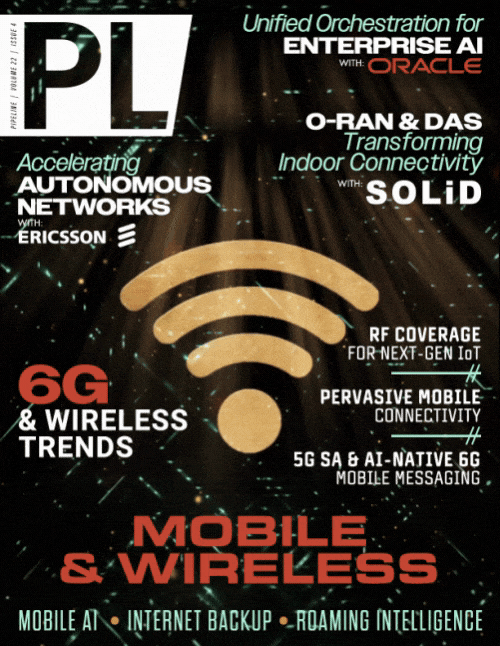Broadband Forum Issues New 5G StandardsBroadband Forum finalizes two new 5G standardsSpecifications signify a 5G milestone, providing operators with a definitive deployment roadmapOperators looking to leverage their fixed networks to deliver on the promise of 5G will soon have new tools at their disposal as Broadband Forum wraps up the development of two new standards and delivers on its promise to rapidly support the 3GPP release cycles. Based on contributions from operators and vendors across the globe and close collaboration with the 3GPP, ‘5G Fixed Mobile Convergence (FMC) Architecture’ (TR-470) and ‘Access Gateway Function (AGF) Functional Requirements’ (TR-456) build on Broadband Forum’s previous 5G work to provide a practical roadmap to deliver 5G. “When it comes to deploying 5G, all operators will have different starting points which means any transformation steps need to be independent and not require co-ordination,” said Gavin Young, Head of Fixed Access Centre of Excellence at Vodafone Group Technology. “Deployment flexibility is also needed – and it is these challenges, and more, that TR-470 and TR-456 address.” TR-470 describes the 5G FMC architecture to provide a high-level guide for network architects and planners, while TR-456 describes the functional requirements of the AGF. The AGF resides between fixed access networks and the 5G core network to support 5G and wireline Residential Gateways, creating a truly converged deployment. The specifications are completing the approvals process and will be published as Broadband Forum’s other 5G initiatives continue. These include ongoing work to standardize and enhance the transport network to ensure it can meet the demands of 5G, and normative work is also beginning on Broadband Forum’s joint FMC project with 3GPP. Alongside this, specifications for carrier grade Wi-Fi are in progress, while Broadband Forum’s Device:2 root data model (TR-181), which is used by User Services Platform (USP), is being extended to address 5G Residential Gateways. Broadband Forum’s Open Broadband – Broadband Access Abstraction (OB-BAA) and virtualization of the ONU management and control interface (OMCI) are also smoothing the way to software-driven cloud-based access networks, ensuring fixed networks can scale with the unprecedented amounts of data that 5G will bring. “Broadband Forum’s latest specifications are key pieces of the very big jigsaw that must be created and completed to deliver on 5G – and we are working with operators to define those pieces quickly, efficiently, and, most importantly, together as an open collaborative effort, preventing fragmentation and misalignments between stakeholders,” said Broadband Forum CEO Robin Mersh. “The breadth of our ongoing work and how much of that has 5G at its core is significant and the holistic approach we can take is unique to the broadband industry and critical to the ongoing development of 5G.” Source: Broadband Forum media announcement | |

















